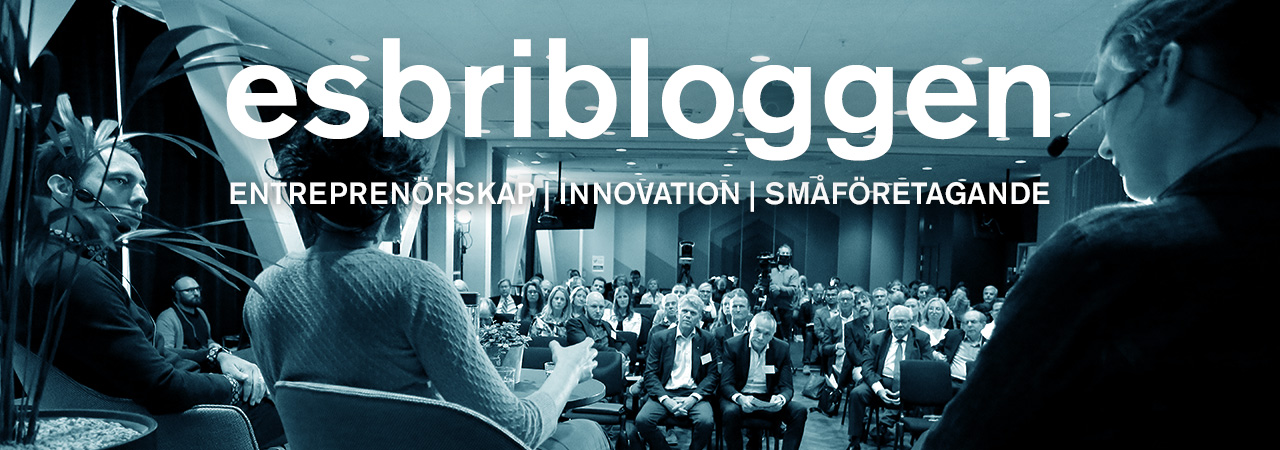 |
| Foto: Sofia Ernerot. |
After verbalizing my priorities, I was quickly introduced to Magnus Aronsson who was one of the first people I met in Stockholm. Many people told me about the great work ESBRI was doing on promoting entrepreneurship at large, with a particular interest in women’s entrepreneurship.
Promoting female business leadership is not just a “women’s issue” or charity, it is critical to global economic growth and diverse innovation. Including women is good for the world and good for the bottom-line.
Studies done by the World Bank and United Nations report that strong market growth among European companies is most likely to occur where there is a higher proportion of women on senior management teams. According to research by Forbes Magazine, firms with more women on their boards outperform their rivals with a 42% higher return on sales, 66% higher return on invested capital and 53% higher return on equity.
Early on, Magnus described a global symposium he was planning that would help further this cause. The guiding principle would be bringing together all stakeholders – from policymakers to venture capitalists to academic experts to entrepreneurs – in order to share best practices and learn from each other.
There are so many women’s events that turn out to be just that, one large event with no follow up or deliverable. The beauty of the symposium was this substantive aspect as well as the promise of a larger purpose with follow-up conferences to document progress. The emphasis on being global and including not just Swedes, or the Western world, but the Arab nations, the African nations and more was critical and alluring since we are now an interdependent world— what happens in Liberia impacts what happens in Louisiana and Luxembourg.
Walking into the stunning, glass-enclosed former beer factory in Sodermalm where the symposium was held brought this grand idea to reality. The room was filled with a dynamic array of people from all over the world. This range can be seen simply in the panel I had the privilege of moderating.
The dynamic panelists included self-described “serial entrepreneur” K. Shelly Porges, Senior Advisor leading the U.S. State Department’s Global Women’s Initiative, the United Arab Emirates Ambassador to Sweden Sheikha Najla Al Qassimi, and Professor Mary Barrett from the University of Wollongong in Australia.
Many other successful leaders also joined in other segments of the conference to share their perspective and most importantly, in my opinion, tell their story and act as role models. Confidence is critical to being a successful entrepreneur. If you do not believe in yourself and your enterprise, no one else will. Unfortunately, a fear of failure and hesitancy toward risk-taking holds many women with great ideas back.
According to statistics from the Global Entrepreneurship Monitor 2010 Women’s Report less than half – 47.7 percent – of women believe they are capable of starting a business, while well over half – 62.1 percent – of men believe they are capable. Being confident in your business plan is essential to receiving venture capital, yet another problem area for women entrepreneurs.
In order to break down these systemic and cyclical problem areas for women, greater information and broader perspective in terms of role models is required. Women need to see that they can start businesses, and they can start businesses in a breadth of fields. The ESBRI symposium and ESBRI’s coming work in developing a global network of thought leaders and action leaders can help shed light on both of these areas and really help women gain the insight they need to succeed.
/Natalia Brzezinski
Please follow me on Twitter @Natalbrz

Inga kommentarer:
Skicka en kommentar